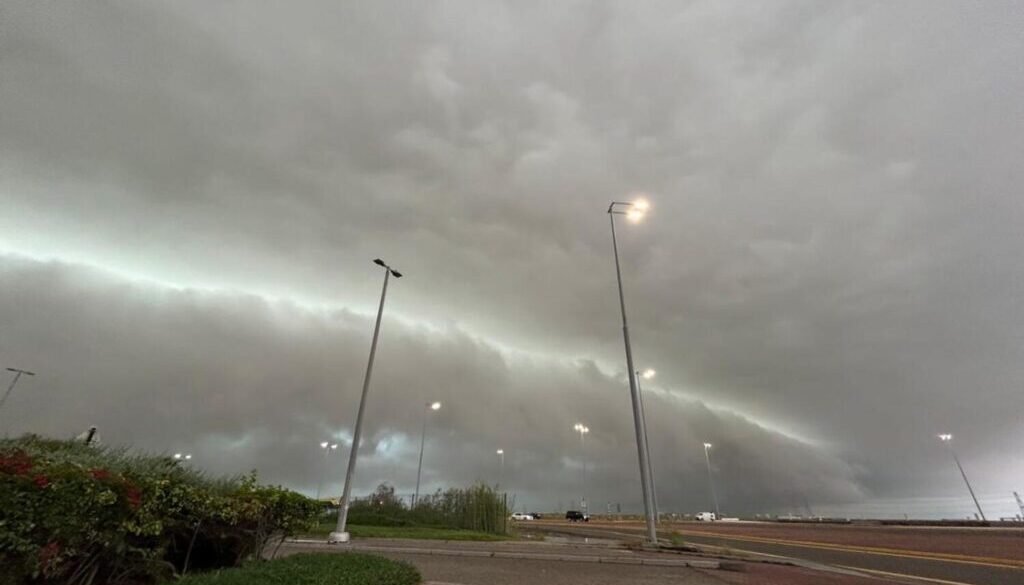‘Have not seen anything like this before’: UAE got 6 billion cubic metres of rains in a day
Published: Mon 22 Apr 2024, 6:00 AM
Last updated: Mon 22 Apr 2024, 8:04 AM
During the previous week, the UAE experienced adverse weather conditions, resulting in the country receiving 6.04 billion cubic meters of rainfall on Tuesday.
It’s noteworthy that the UAE typically receives around 6.7 billion cubic meters of rainfall annually.
On April 16th, the UAE experienced unprecedented flooding as rainfall surpassed 100 mm within 24 hours at multiple locations. The deluge severely impacted highways, residences, and critical infrastructure. Remarkably, over four weather stations reported rainfall exceeding 200.0 mm on that day, making it the most significant rainfall event in the past 75 years.
When Khaleej Times contacted the National Centre of Meteorology (NCM), Dr. Ahmed Habib emphasized the unprecedented nature of the recent flooding event in the UAE. Dr. Habib, a veteran weatherman with over three decades of experience, noted that while floods have occurred previously, the magnitude and geographical reach of the recent event were unparalleled. Within a few hours, an unprecedented amount of rainfall exceeding 100 mm was recorded across various stations from the north of Abu Dhabi to the Ras Al Khaimah border. This led to an estimated total of over 6.04 billion cubic meters of water inundating the UAE.
Dr. Habib highlighted that in his extensive experience, he had never witnessed anything like this before, neither during his time in the UAE nor during his tenure in Egypt. While predicting such severe weather in advance is challenging, Dr. Habib stated that there were no indications of a similar event in the next five days. However, the occurrence of such events hinges on various factors, including shifts in the global environment, and whether they are attributable to global warming remains under scrutiny.
Regarding the forecast process, Dr. Habib explained that the Met department utilizes numerous models and numerical weather predictions to anticipate conditions in both the surface and upper layers of the atmosphere. They closely monitor pressure systems and weather patterns in neighboring countries like Saudi Arabia and Oman to assess potential impacts on the UAE.
Dr. Habib cautioned against misinformation spread by non-specialists and emphasized the importance of relying on official government resources for accurate weather information. He stressed that weather predictions are most accurate for the near future and encouraged people to stay updated through reliable sources.





